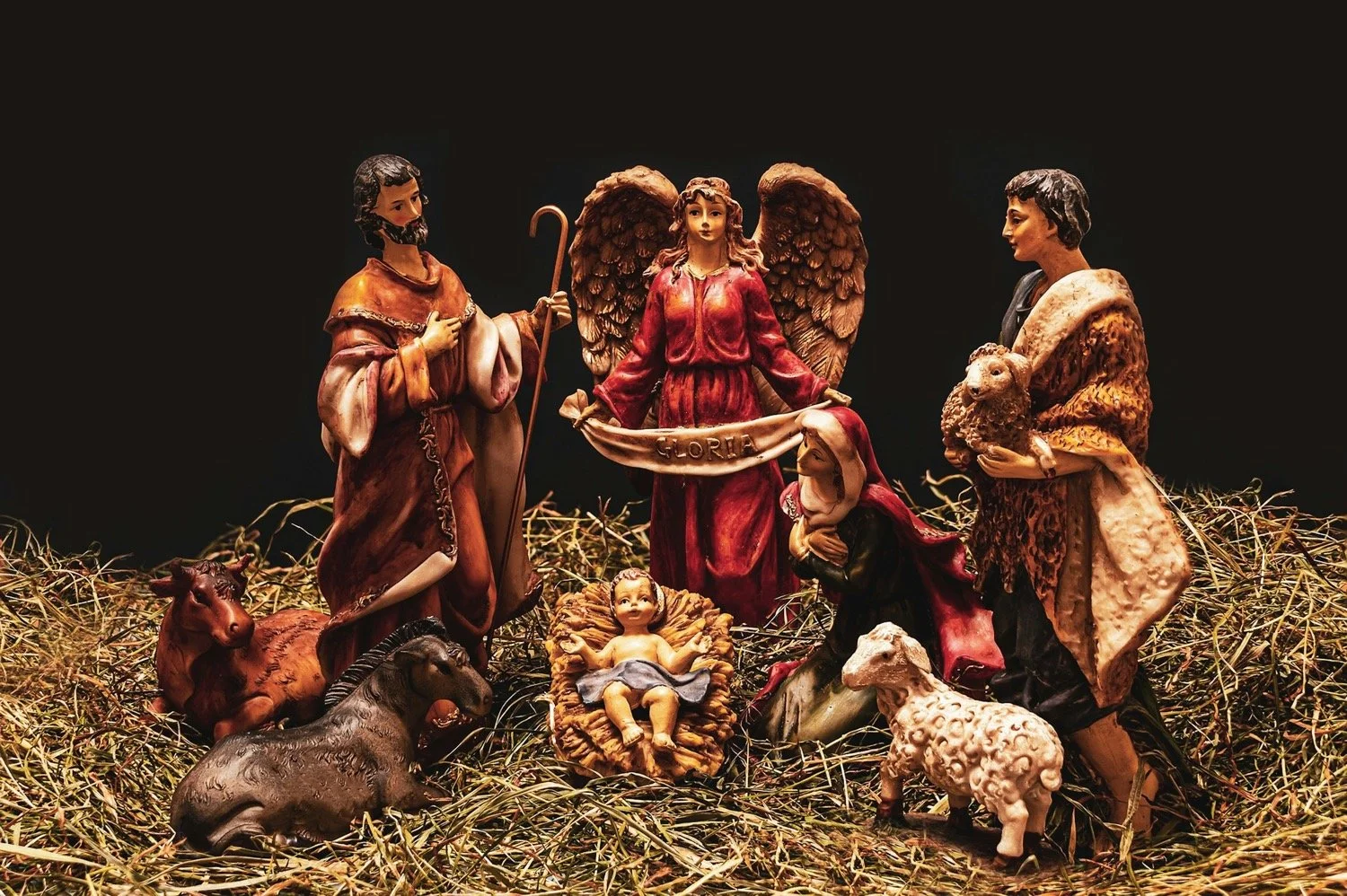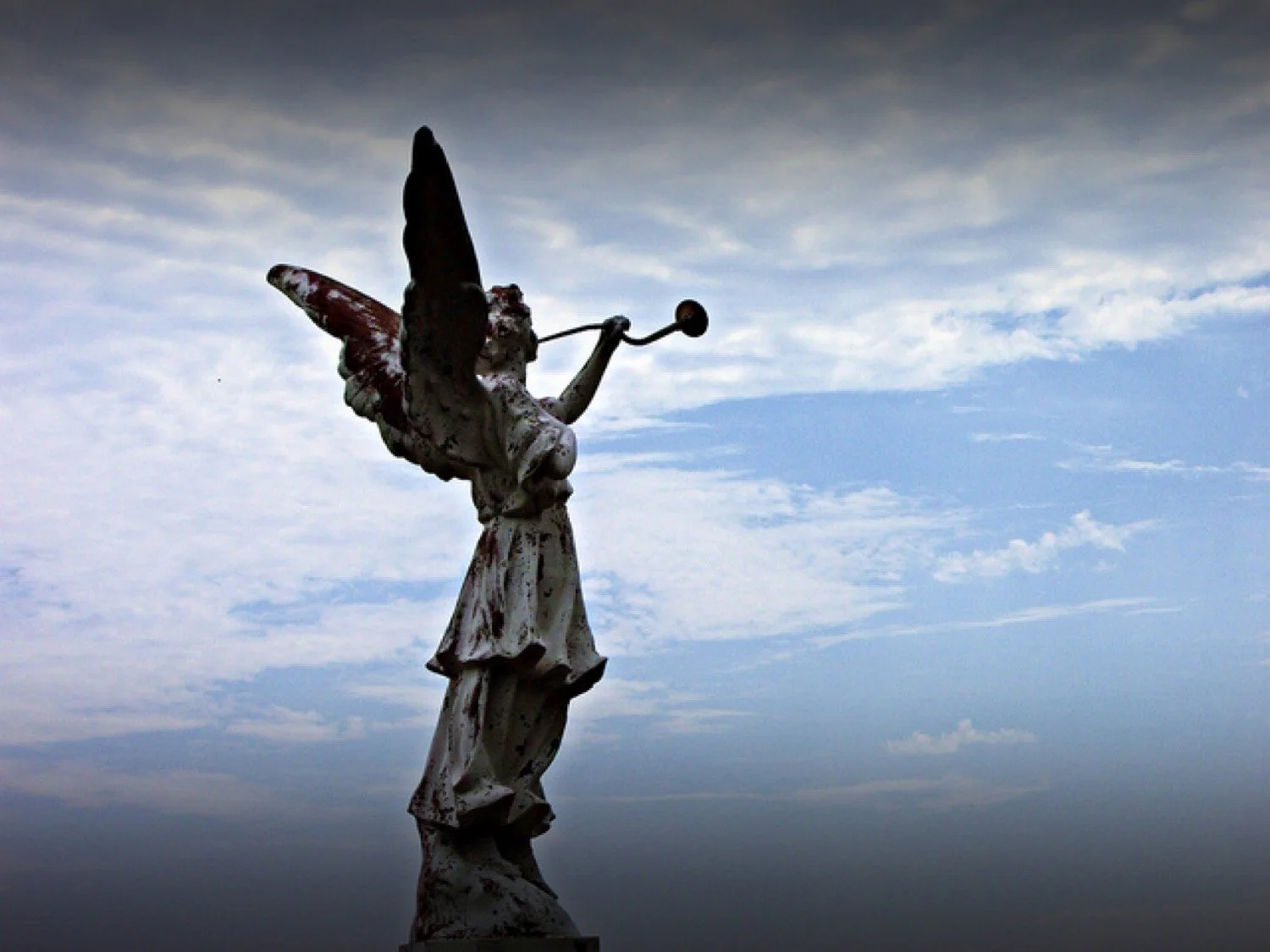Readings for today: Proverbs 19-21, Psalms 4
There is no greater sin than pride. Pride lies at the root of all sin. It was pride caused Satan to fall from grace and glory when the heavens were young. It was pride that caused Adam and Eve to reject God’s command and go their own way. Cain’s pride was wounded so he killed Abel. It was Joseph’s pride that got him in trouble with his brothers. In his pride, Moses thought he could deliver Israel without God. Saul, in his pride, refused to make right sacrifices. David’s pride caused him to number Israel so he could see how powerful he was. Solomon, in his pride, thought he could worship lots of different gods and still remain faithful to Yahweh. Over and over again in the Scriptures, we see pride creep up in God’s people with devastating effect.
Pride is still our greatest sin. Pride makes us think we know best how to live our lives. Pride makes us think we can stand in judgment over God’s Word and determine what is relevant. Pride makes us think we are like God, discerning good from evil. But how’s that working out? When we look at the world around us, is it not pride that is the root cause of the violence? The suffering? The pain? Is it not the pride of nations that causes them to go to war? Is it not the pride of privilege that causes some to look down on others? Is it not the pride of wealth that causes us to accumulate more and more while others go without? Is it not pride that drives our decision-making on a daily basis? We do what’s best for us first without a thought for others. Haughty. Proud. Wicked. Scoffer. Arrogant. These are the labels God uses for us when we fall into this trap.
So what’s the answer? Humility. Not thinking more highly of ourselves than we ought. Or less of ourselves than we ought. But simply thinking of ourselves less. When we think of ourselves “less.” When we consider others before we consider ourselves. When we have the same mind that was in Christ Jesus who – though He was God – did not consider His prerogatives as God something to hold onto. We begin to become humble. We take on the form of a servant. We begin to look like Jesus. And humility comes with its own reward. “The reward for humility and fear of the Lord is riches and honor and life.” (Prov. 22:4) God blesses the humble. God blesses those who put Him first. Who put others first. He grants them His favor and they often find the very things they were chasing so hard after coming into their life. The difference, of course, is that these things no longer have any hold on us because Christ now has the tighter grip.
So are you a humble or a prideful person? Are you the kind of person who needs compliments? Needs to be told how good you are? Are you the kind of person who hates compliments? Hates it when you are recognized for something you did? Both are signs of pride, friends. Are you the kind of person who struggles to receive rebuke? Correction? Critique? Do you grow resentful and angry? Are you the kind of person who crumbles at the first sign of disapproval? All are signs of pride, friends. God wants you to think of yourself less. The truly humble person accepts honor and praise for the things they do well because they recognize God has blessed them. The truly humble person is generous with praise of others. Looks for opportunities to build others up. Looks for ways to share the glory while taking responsibility for any failures. The truly humble person rejects any attempt of the enemy to make them feel worthless, afraid, or of less value in the eyes of God. A truly humble person is free because they do not live for praise nor in fear of praise.
Readings for tomorrow: Proverbs 22-24, Psalms 5




